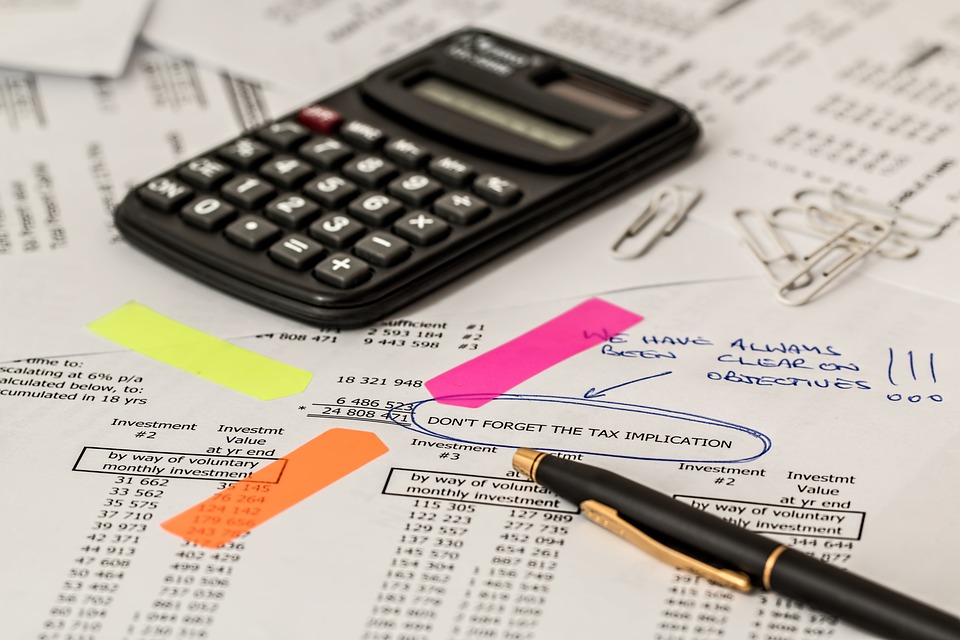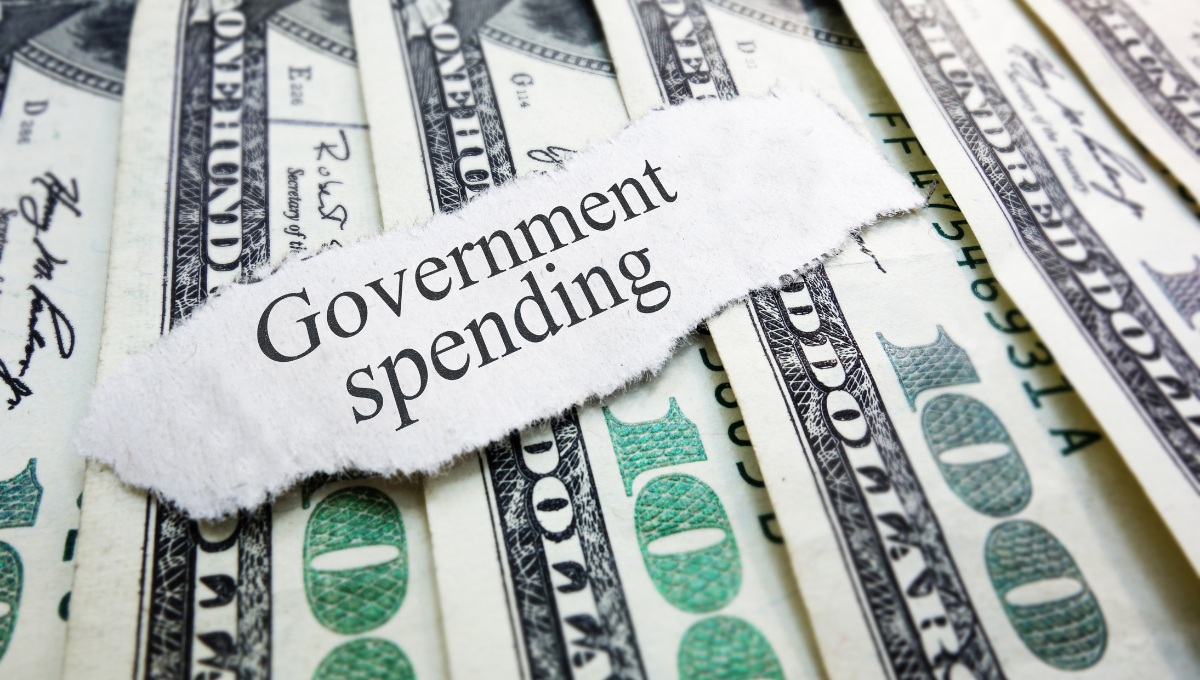
Don’t Let the Debt Ceiling Threaten Your Financial Stability
Many individuals and families are concerned about the possibility of the government reaching the debt ceiling, also known as the “debt limit,” because it can have a negative impact on the economy and financial markets. Individuals can, however, take steps to protect their finances from the potential effects of the debt ceiling.
Diversify Your Assets
Diversifying your investments is one of the best ways to protect your finances from the potential effects of the debt ceiling. This entails distributing your funds among various types of investments, such as stocks, bonds, real estate, and cash.
You can reduce your overall risk and protect your money from stock market volatility by diversifying your investments. For instance, if you have all of your money invested in stocks and the stock market falls, your entire portfolio will suffer. However, if you have a mix of stocks, bonds, and real estate in your portfolio, the impact will be less severe.
It is critical to have a diverse portfolio of investments that considers factors such as your risk tolerance and financial objectives. If you’re not sure how to diversify your investments, talk to a financial advisor.
Consider purchasing Treasury Bonds
Consider investing in Treasury bonds to protect your finances against the debt ceiling. These bonds are issued by the United States government and are regarded as one of the most secure investments available.
They are backed by the full faith and credit of the United States government, making them a low-risk investment. Even if the government exceeds the debt ceiling, Treasury bonds are one of the least affected investments because the government is obligated to repay bondholders.
Remember that, while Treasury bonds are considered safe investments, they may not provide the highest returns. They are best suited for people who value safety over returns.
Maintain an Emergency Fund
Having an emergency fund is critical for protecting your finances in the event of a financial crisis. An emergency fund is a savings account set up for unanticipated expenses such as job loss or a medical emergency.
It is recommended that you save three to six months of living expenses in an emergency fund. This way, even if the government reaches the debt ceiling and the economy suffers as a result, you will have some savings to fall back on.
Keep your emergency fund in a liquid account, such as a savings account, so that you can easily access it in an emergency.
Prepare for a Possible Government Shutdown
If the debt ceiling is not raised, the government may be forced to shut down, which could have a negative impact on people who rely on government jobs or benefits. It is critical to be prepared to protect your finances in the event of a government shutdown.
This entails having enough money set aside to cover your expenses for a few months. It’s also a good idea to have an emergency plan in place in case you’re forced to work without pay. Finding a part-time job or cutting back on expenses could be examples of this.
Keep an eye on the news to stay up to date on the status of the debt limit and the possibility of a government shutdown.
Conclusion
Finally, many individuals and families may be concerned about the possibility of the government reaching the debt ceiling. However, by taking steps to protect your finances, such as diversifying your investments, considering Treasury bonds, maintaining an emergency fund, and being prepared for a potential government shutdown, you can reduce your overall risk and protect your money from stock market volatility. Keep up to date on the status of the debt ceiling and its potential impact on the economy and personal finances. Furthermore, it is critical to maintain a well-rounded financial plan and to avoid becoming overly reliant on a single source of income.
In addition to the previously mentioned suggestions, there are a few other things you can do to protect your finances if the government reaches the debt ceiling:
- Repay high-interest debt: Credit card debt, for example, can quickly accumulate and become a burden. Consider repaying any high-interest debt you have before the government reaches the debt ceiling, so you have one less thing to worry about.
- Examine your insurance policy: Make certain that your home, car, and other assets are adequately insured. In the event of an economic downturn, knowing that your assets are protected can provide some peace of mind.
- Keep an eye on your spending: Keep an eye on your spending and make sure you’re not going overboard. Consider making a budget to keep you on track.
- Keep up to date: Keep an eye on the news to stay up to date on the status of the debt limit and its potential economic impact. This will allow you to make more informed financial decisions.
It’s important to remember that just because the government has reached the debt ceiling doesn’t mean that a financial crisis is imminent. It is, however, always better to be safe than sorry. You can reduce the potential impact on your personal finances by taking precautionary measures.




















